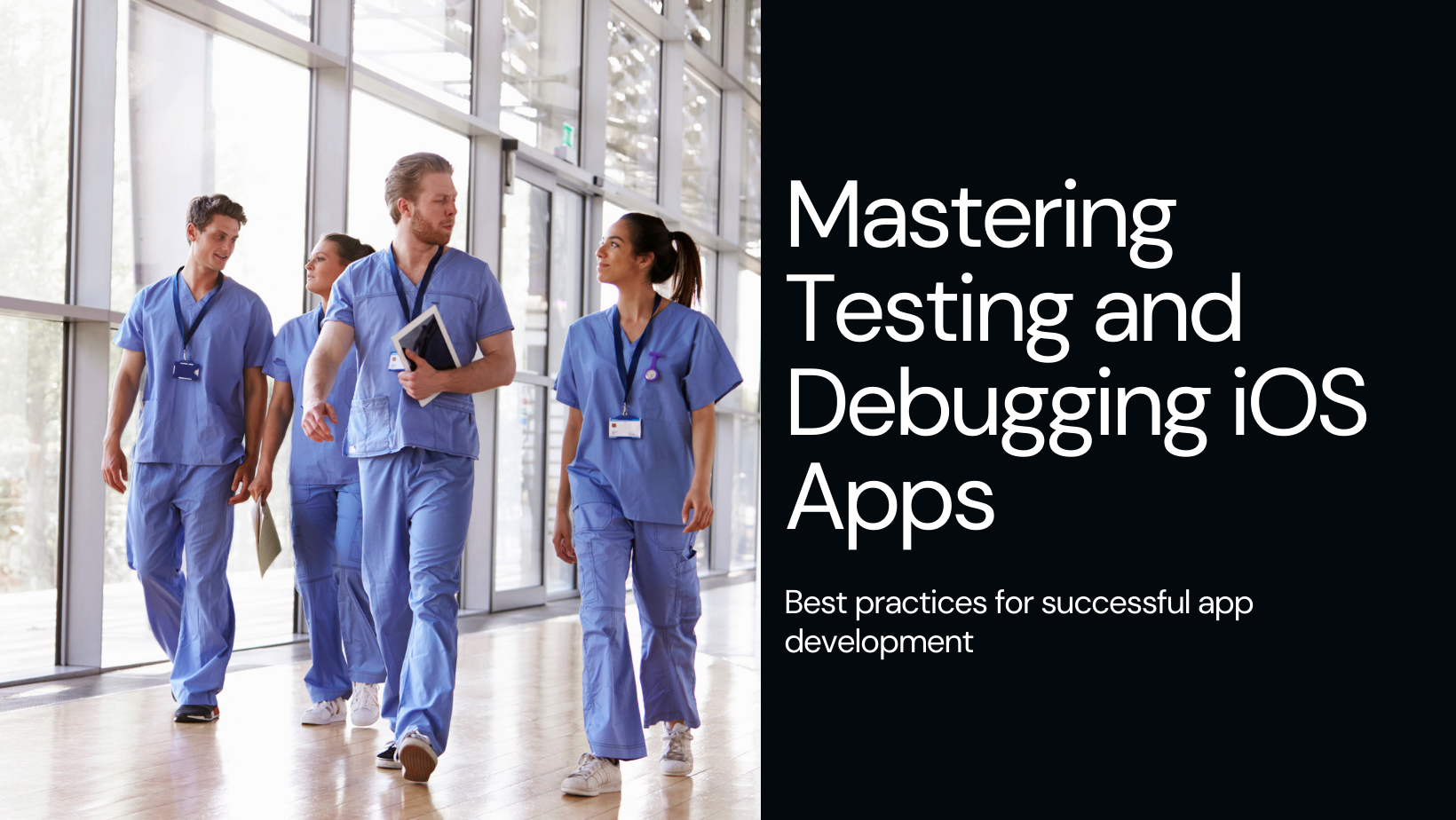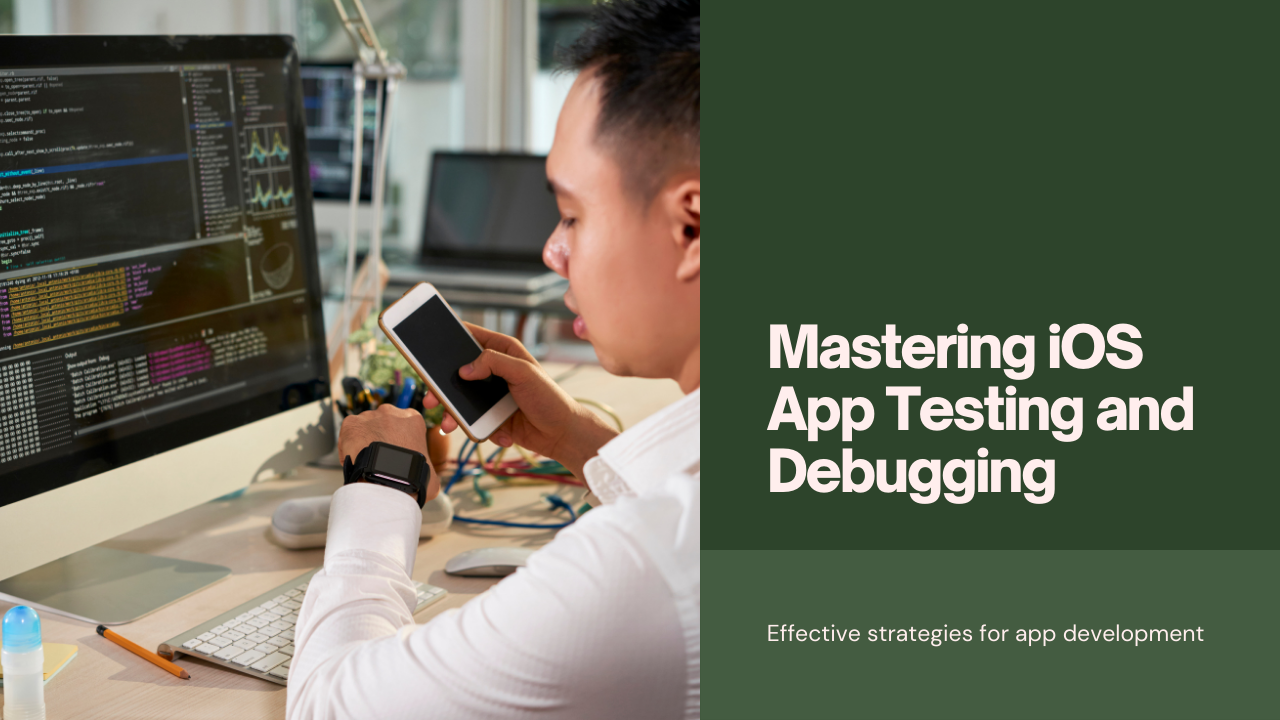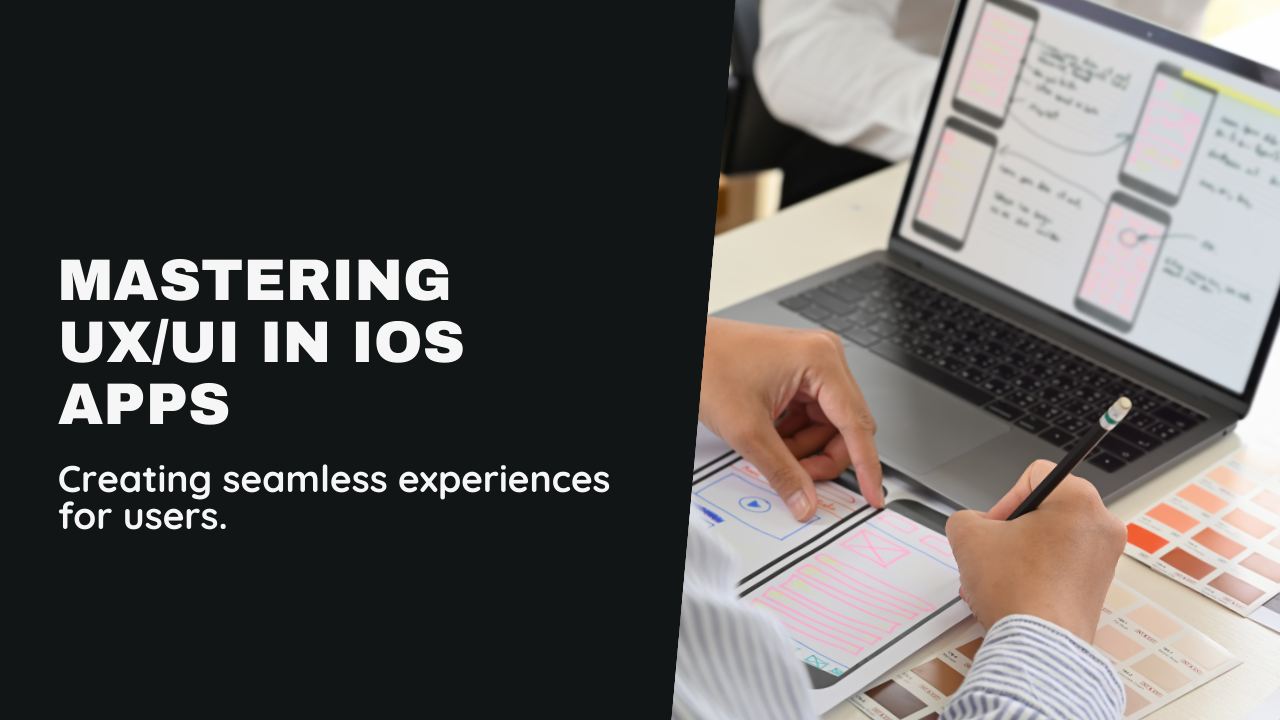In recent years, iOS development has significantly influenced the healthcare industry, revolutionizing patient care, medical research, and health management. As technology continues to advance, the future of iOS development in healthcare holds tremendous promise for innovation, efficiency, and improved patient outcomes. This blog explores emerging trends, technologies, and opportunities shaping the future landscape of iOS development in healthcare.
The Impact of Mobile Technology in Healthcare
Mobile technology, particularly iOS devices like iPhones and iPads, has transformed healthcare delivery in several key ways:
- Remote Patient Monitoring: Enables healthcare providers to remotely monitor patients’ vital signs, symptoms, and health data in real-time, facilitating proactive care and early intervention.
- Telemedicine and Telehealth: Facilitates virtual consultations, remote diagnosis, and treatment planning, improving access to healthcare services, especially in underserved or remote areas.
- Healthcare Apps: iOS apps offer personalized health tracking, medication reminders, mental health support, and chronic disease management tools, empowering patients to manage their health effectively.
Emerging Trends in iOS Development for Healthcare
The future of iOS development in healthcare is shaped by emerging trends and technologies:
- Artificial Intelligence (AI) and Machine Learning: AI-powered iOS apps can analyze medical data, predict disease outcomes, assist in diagnostics, and personalize treatment plans based on individual patient data.
- Augmented Reality (AR) and Virtual Reality (VR): AR/VR applications enhance medical training, surgical planning, and patient education, offering immersive simulations and visualizations.
- Internet of Medical Things (IoMT): iOS devices connected to IoMT devices (e.g., wearables, smart medical devices) collect and transmit real-time health data for continuous monitoring and analysis.
- Blockchain Technology: Ensures secure storage and sharing of sensitive patient information, facilitates interoperability between healthcare providers, and enhances data integrity.
Innovations Driving iOS Development in Healthcare
Several innovations are driving the adoption of iOS development in healthcare:
- Digital Therapeutics: iOS apps deliver evidence-based therapeutic interventions for chronic conditions like diabetes, hypertension, and mental health disorders, complementing traditional treatments.
- Genomics and Personalized Medicine: iOS apps integrate genomic data with clinical information to deliver personalized healthcare solutions, including targeted therapies and precision medicine.
- Wearable Health Technology: iOS-compatible wearables (e.g., Apple Watch) monitor fitness metrics, detect irregularities in heart rhythm, and encourage physical activity, promoting preventive healthcare.
Challenges and Considerations
While the future of iOS development in healthcare is promising, it also presents challenges and considerations:
- Regulatory Compliance: iOS healthcare apps must comply with stringent regulations (e.g., HIPAA in the United States) to protect patient privacy and ensure data security.
- Interoperability: Ensuring seamless integration and data exchange between iOS apps, electronic health records (EHRs), and other healthcare systems remains a challenge.
- Ethical and Legal Issues: Addressing ethical dilemmas related to data ownership, informed consent, and algorithm bias in AI-powered healthcare apps requires careful consideration.
- User Adoption and Engagement: Encouraging healthcare professionals and patients to adopt and actively use iOS healthcare apps requires user-friendly design, education, and ongoing support.
Future Prospects and Opportunities
Looking ahead, the future of iOS development in healthcare holds vast opportunities for innovation and collaboration:
- Integrated Healthcare Ecosystems: iOS apps will integrate with comprehensive healthcare ecosystems, connecting patients, providers, insurers, and researchers for holistic care delivery.
- Continuous Innovation: Advances in iOS development will drive continuous innovation in telemedicine, AI diagnostics, personalized medicine, and patient-centered care models.
- Global Health Impact: iOS technologies will democratize access to high-quality healthcare worldwide, bridging gaps in healthcare disparities and improving population health outcomes.
Conclusion
The future of iOS development in healthcare is characterized by transformative technologies, patient-centric solutions, and collaborative partnerships across the healthcare ecosystem. As iOS devices continue to evolve and integrate with cutting-edge healthcare innovations, developers play a pivotal role in advancing digital health solutions that enhance efficiency, effectiveness, and accessibility of healthcare services globally.







